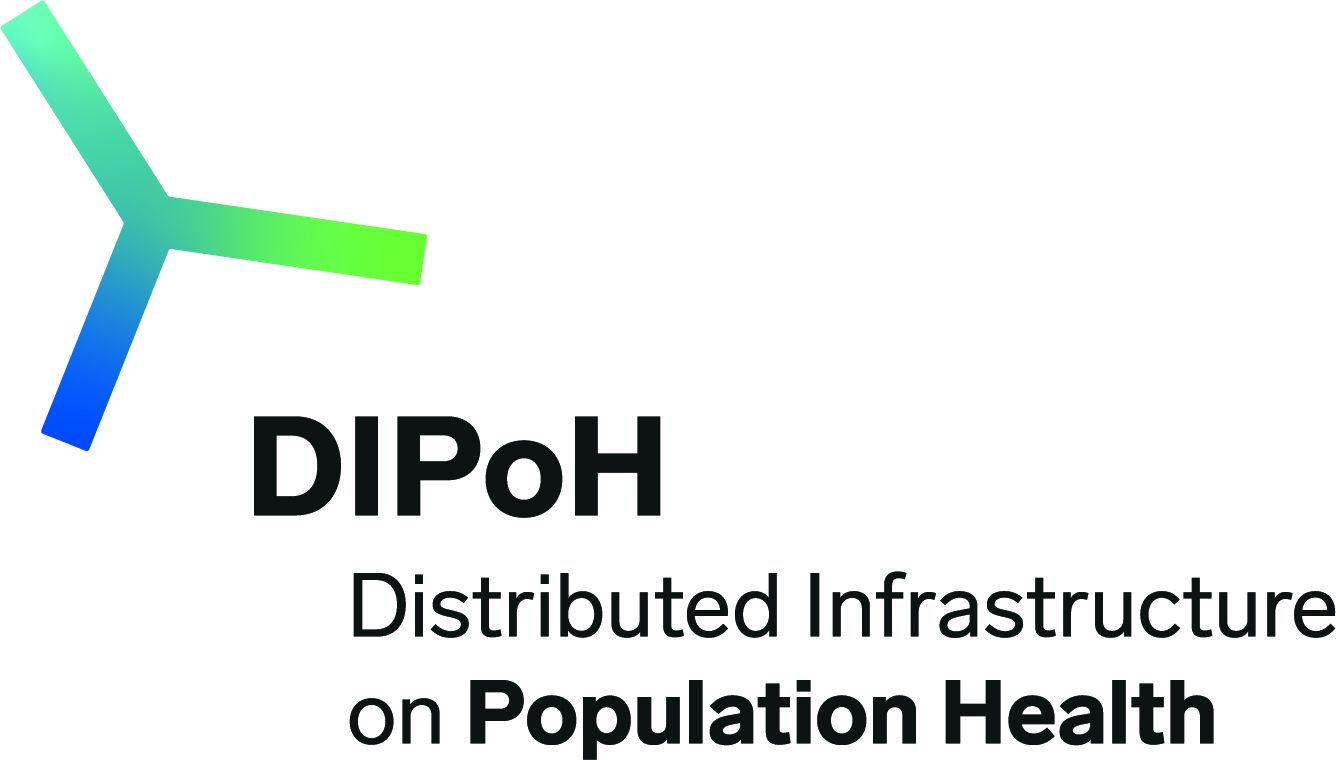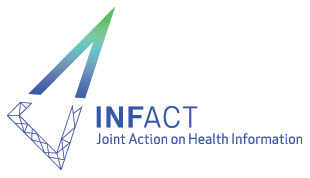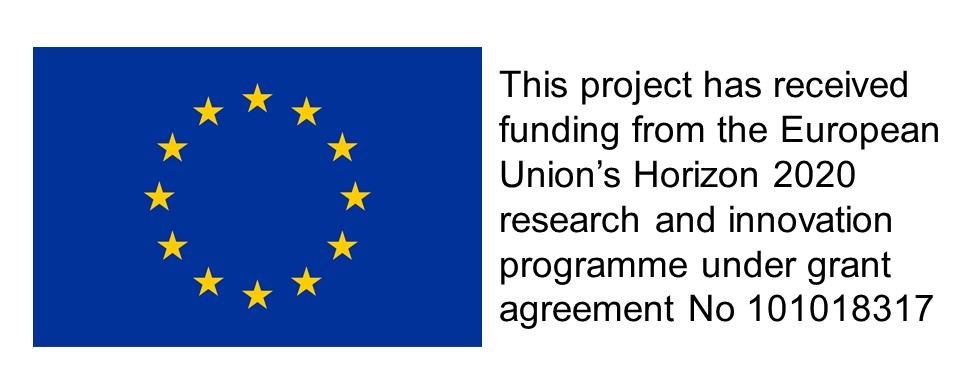









Within PHIRI, the Population Health Information Research Infrastructure, a Rapid Exchange Forum (REF) is organized regularly every two weeks or as needed, addressing urgent questions and current developments in population health during the COVID-19 pandemic and beyond. In this one hour meeting, the participants belonging to European public health institutes, Ministries of Health, research institutions and universities as well as EU-level stakeholders answer questions and discuss experiences from their own countries related to the COVID-19 pandemic and other population health issues that require rapid responses. Each meeting is organized around a topic or set of topics of timely relevance to the participating countries, and answers to the questions are shared during the meeting as well as in writing immediately before or after the meetings. This allows a rapid exchange of information across countries to learn from each other’s challenges and best practices, and compare e.g. vaccination-, testing-, and communication strategies, reactions to new virus variants, mortality indicators, long-term pandemic monitoring and surveillance, and impact evaluations of the pandemic. The answers to questions discussed during the REF meetings are uploaded to the Health Information Portal at the latest by the end of the week in which each meeting takes place.
Please use the search function below to browse the content of previous REF meetings. In order to search for an exact phrase, you can utilize quotation marks around your search term.
| Title | Question | Date | Document(s) |
|---|---|---|---|
| 50th Rapid Exchange Forum: Treatment of long Covid patients | Treatment of long Covid patients In order to keep up with this topic, we would kindly ask for a follow-up to REF 14 (07/06/21):
If so, please provide details, such as: - Which professional groups (specialists, nurses, psychologists, …) and disciplines are involved? - How can individuals access the clinics (walk-in, referral …)? - Are the clinics stand-alone entities or part of larger institutions such as hospitals or primary care centres?
If so, please provide details, such as: - Is there a publicly funded facility for parents to obtain publicly funded long Covid consultations with specialised physicians? - Have any day care centres been set up for children affected by long Covid?
|
24-Apr-2023 | |
| 49th Rapid Exchange Forum: Vision on resilience indicators | Vision on resilience indicators
|
27-Mar-2023 | |
| 48th Rapid Exchange Forum: Analysis of telemedicine and/or artificial intelligence | Analysis of telemedicine and/or artificial intelligence Is there an analysis of the use of telemedicine and/or artificial intelligence in your countries' inpatient sector (published or ongoing)?? If yes,
If no, are there plans to carry out such a study? Has there been an increase in the use or implementation of telemedicine and/or articifals intellegence since the beginning of the pandemic? If yes, please give examples. |
27-Feb-2023 | |
| 47th Rapid Exchange Forum: Waiting list for scheduled hospital care / Data on waiting times | Waiting list for scheduled hospital care / Data on waiting times Are waiting lists and/or wait times for the following types of scheduled hospital care an issue in your country?
Does your country publish data on waiting lists and/or wait times for scheduled hospital care? This may include total numbers currently waiting on the list and numbers waiting over certain time bands (e.g., 12 months) for
If yes, what breakdowns does your country report for waiting list data, which may include e.g.
How are wait times measured? For example,
Does your country publish data on the level of inflows to and outflows from waiting lists (i.e., the numbers being added to and removed from waiting lists)? What formats are the data published in (e.g., open data, PDF reports, others)? |
13-Feb-2023 | |
| 46th Rapid Exchange Forum: Diagnosis Coding | Diagnosis Coding Are the health care providers (hospitals and publicly/privately funded outpatient care centres) in your country obliged to use a coding system for diagnoses? If yes,
|
30-Jan-2023 | |
| 45th Rapid Exchange Forum: Update on Long COVID management | Update on Long COVID management
|
05-Dec-2022 | |
| 44th Rapid Exchange Forum: From paper to electronic death certificates | Digitalisation - going from a paper death certificate to an (100%) electronic death certificate
|
24-Oct-2022 | |
| 43rd Rapid Exchange Forum: Future vaccination priorities and vaccine trials | Vaccine priorites and trials addressing public health needs
|
10-Oct-2022 | |
| 42nd Rapid Exchange Forum: Upcoming school and kindergarten year 2022/23 | Upcoming school and kindergarten year 2022/23 With regard to the upcoming school and kindergarten year and as follow-up to the situation in 2021:
|
12-Sep-2022 | |
| 41st Rapid Exchange Forum: Cost-effectiveness of vaccines and NPIs | Cost-effectiveness of vaccines and NPIs
|
29-Aug-2022 |
